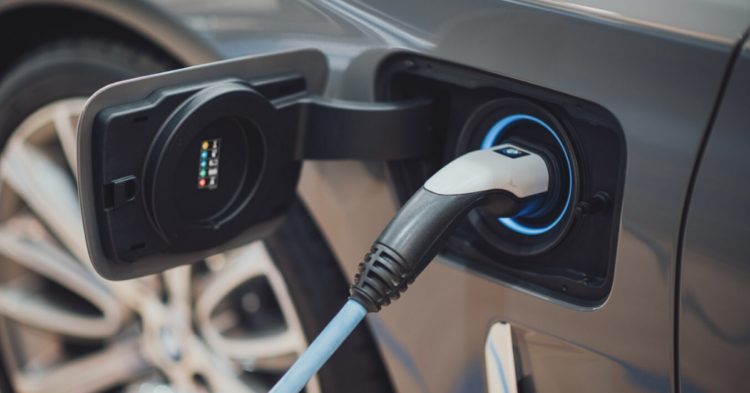Soon, charging an electric car will be as quick as filling up a tank of gas. The Israeli company StoreDot have created a new fast-charging battery . The Chinese company Eve Energy is manufacturing the batteries. So far, together they have created 1,000 batteries that are li-ion compliant. These initial batteries will be used as samples to demonstrate the new technology and find investors.
Currently, it can take eight hours to charge an electric car.
The long charge time is one of the biggest hurdles for electric cars. As of now, it is impractical to travel long distances with an electric car if you need to fuel on the go. Doron Myersdorf, CEO of StoreDot, has said in a press release , “We’re on the cusp of achieving a revolution in the EV charging experience that will remove the critical barrier to mass adoption of EVs.”
Mass adoption of electric cars is essential for many climate-change plans.
President Biden’s $2 trillion climate-change plan has set the ambitious goal of an entirely green electric power grid by 2035. The plan also plans to transition vehicles from gas to electric by 2035. If this is achieved, it will make a significant step towards a sustainable future.
The move towards fast-charge batteries is in step with Elon Musk’s priorities.
Musk tweeted, “Battery cell production is the fundamental rate-limiter slowing down a sustainable energy future. Very important problem.”
Tesla has been also working towards making faster-charging batteries. They believe that fast-charge batteries will be key to making electric vehicles more accepted and accessible to the general population.
It will take time to see the new technology wide-spread.
Currently, the fast-charge electric car batteries are just prototypes. It will take time for the technology to go into mass production and become adopted. But this is a very important step in the right direction.
But we may be closer than you think. Chao-Yang Wang, a professor at Pennsylvania State University, told The Guardian , “I think such fast-charging batteries will be available to the mass market in three years. [..] They will not be more expensive; in fact, they allow automakers to downsize the onboard battery while still eliminating range anxiety, thereby dramatically cutting down the vehicle battery cost.”
If he is right, electric cars could lead our transition to a greener future.
h/t: Business Insider

















































